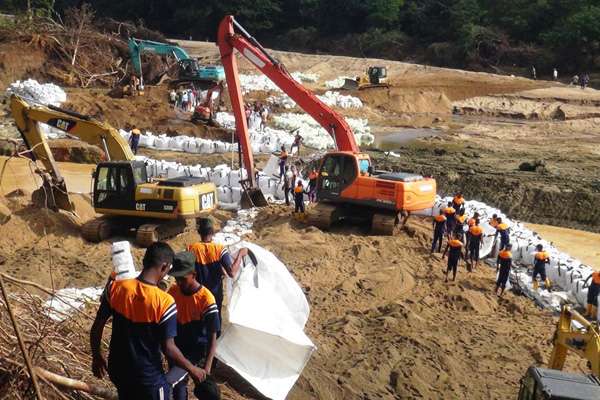Attracting more female workers and expanding into new products such as formal wear and high-end outerwear are some of the recommendations in a new World Bank report on Sri Lanka’s apparel sector.
In the report titled “Stitches to Riches: Apparel Employment, Trade and Economic Development” and released in Colombo on Tuesday, other recommendations include:
• Enter into more trade agreements to help diversify export destinations for existing products, such as active wear and intimate apparel
• Attract foreign investment through adopting clear investment policies, which currently remains at only 2 per cent of GDP
• Increase integration with South Asia and reduce tariffs for the import of manmade fibers, which accounts for 50 per cent of Sri Lanka’s industry inputs, while encouraging domestic growth
It said that while Sri Lanka has been successful in establishing and growing its apparel manufacturing industry, more can be done to realize its potential as a regional hub and to continue to boost opportunities, especially for women and the poor
Said Françoise Clottes, Country Director, World Bank Sri Lanka and the Maldives, “The report has significant messages for Sri Lanka and highlights broad opportunities that the industry provides in terms of sound jobs for women, as well as recommendations that could help the industry increase competitiveness and make Sri Lanka a regional hub and example for other South Asian countries.”
It said clothing manufacturing has a lower barrier of entry than many industries and creates jobs that often pay better than alternatives such as agriculture. In Sri Lanka, the average apparel worker earns more than $120 per month, on average, compared to $80 per month for those working in agriculture. Over 70 per cent of apparel workers are women compared to less than 30 per cent in other industries.
Gladys Lopez-Acevedo, report co-author and a Lead Economist for the World Bank noted that Sri Lanka should seize this opportunity and implement policies to become a regional leader in creating good jobs, bringing more women into the work force and diversifying its products and end markets to increase skills and value. (Sunimalee)
You can share this post!
Content

My acquittance with Chula goes back to 1976, 77 where Ananda Under 15 Soccer practices had in Cambel place, Chula was a brilliant mid fielder could kick the ball from both legs

Former Speaker and NPP MP Asoka Ranwala was arrested today following a road accident in the Denimulla area of Sapugaskanda last night, police said.

President Anura Kumara Dissaayake today announced a relief package for persons, including school children affected by the devastating landslides and floods.

Read this week’s Sunday Times for your interesting articles






Leave Comments